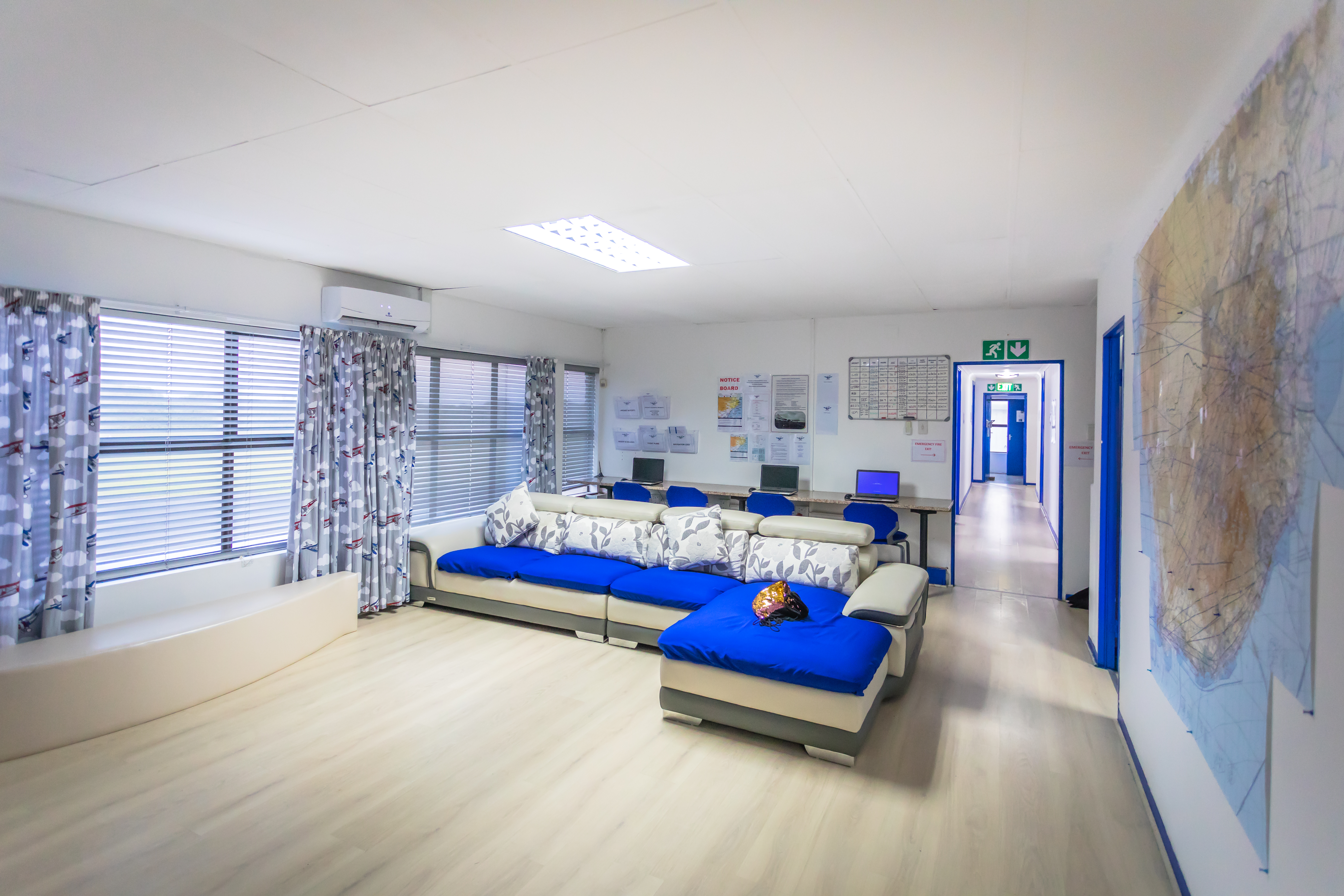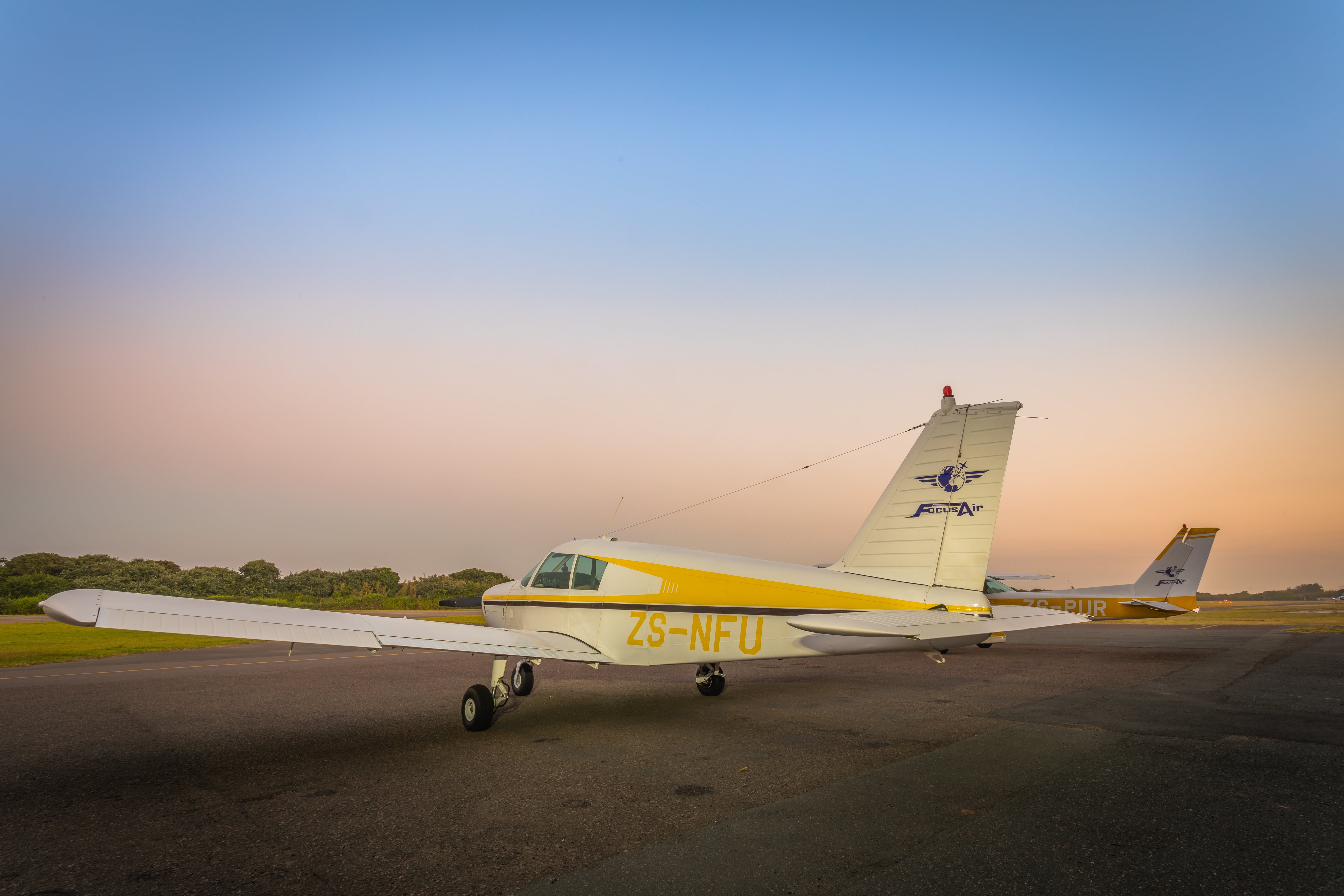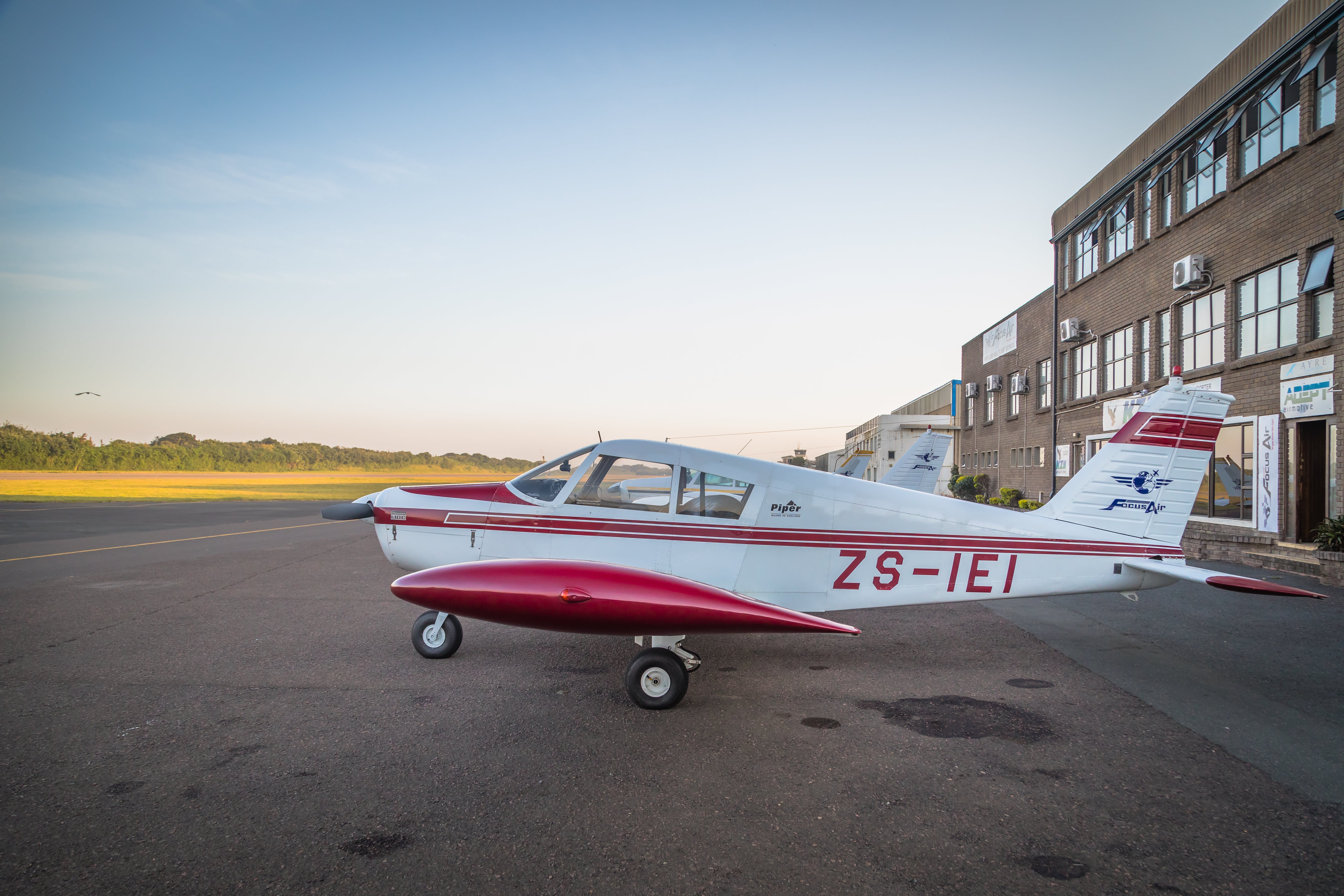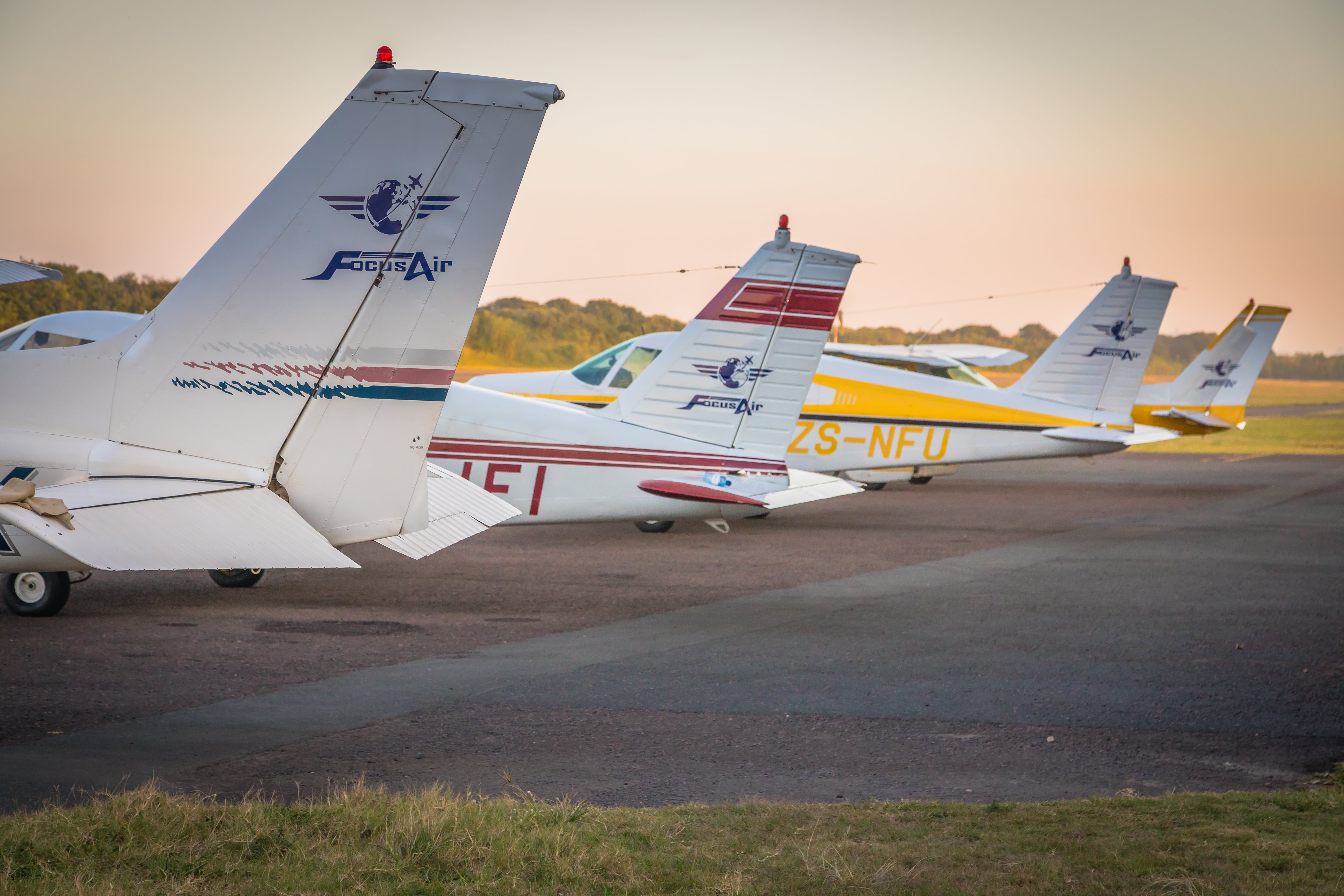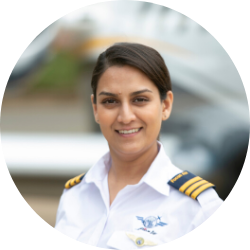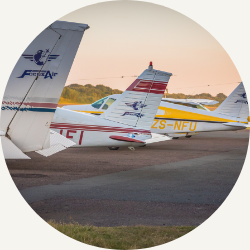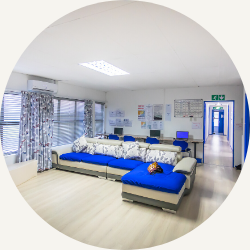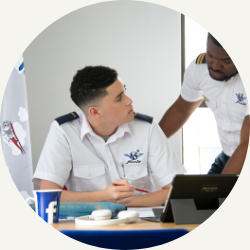The history of Virginia airport begins a few decades ago, when the only airport in Durban was at Stamford Hill. All commercial and light aircraft landed there, but once South African Airways started flying DC-4s, it was time to move the
main airport to where it is now, at Durban International, then called Louis Botha airport.
The light aircraft fraternity decided that Stamford Hill airport was too big for their needs and it was time to look for a new home. Mervyn Gild (then a Durban Councillor) owned a Cessna 182 and invited Mike Hartley (then chairman of the
Durban wings club) to fly with him and look for a new site. Flying along the coast, just north of the Umgeni river mouth, was a prime site that looked ideal, as the wind direction was either down or up the coast.
The new airport was opened in 1959. Situated at the extremity of the suburb of Virginia, it naturally took the name; Virginia airport.
At that stage, there were no houses nearby, and Mike remembers that they could then have quite easily extended the runway another 500 metres, but as it could accommodate a Dakota DC-3, what more did they want?
Two hangars were moved from Stamford Hill to Virginia, and some smaller buildings were built. Those same hangars are still being used today. The airport was opened by Mayor Shaw in June 1959, and the grand opening was commemorated by an
air race, which ended at Virginia airport.
At that stage, about 50 people worked at Virginia, including ground maintenance staff, which has since grown to about 250 people, working in all spheres of aviation: from airport management staff to aircraft maintenance.
Initially, Durban Wings Club had its own aircraft, used for training. The club trained many young pilots who are still flying today. As time went by, the emphasis changed from training, to a club for its members. Now some club members
would like to see the club obtaining a small aircraft, such as a Piper Tri Pacer, that can be easily maintained and used by club members for training.
Today, Virginia airport, or as it is affectionately known in South Africa as HMS Virginia due to its short runway and closeness to the ocean is a busy training airport and a base of a number of charter companies. Due its closeness to the
beach, landing and taking off from Virginia is always a thrill, and its closeness to Durban international makes Instrument and advanced training cost and time effective.
